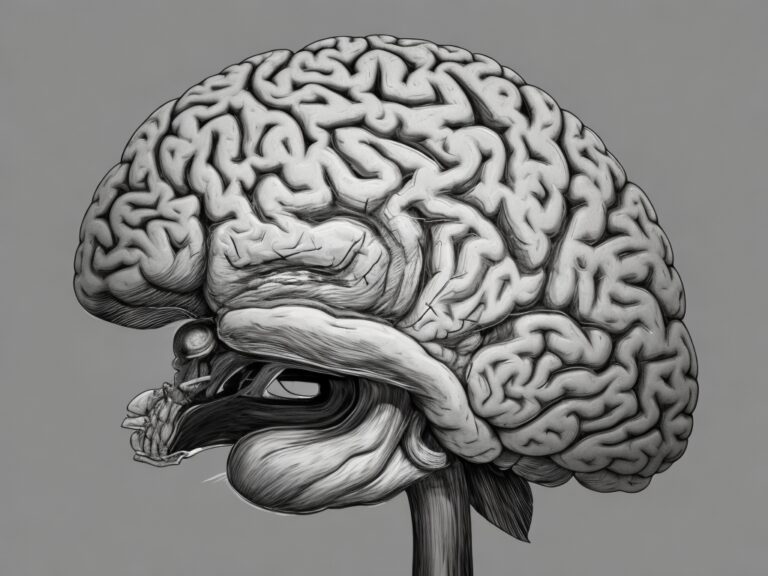Thriving Life: Top Tips on How Do I Maintain My Health?

In today’s whirlwind world, prioritizing our health often takes a backseat. Between juggling work, family, and personal commitments, it’s easy to wonder “how do I maintain my health” while managing everything else. However, maintaining good health is essential for living a fulfilling and vibrant life.
This blog post delves into practical strategies and in-depth knowledge to empower you on your journey towards a healthier you. We’ll explore the pillars of a healthy lifestyle, delve into additional factors influencing your well-being, and emphasize the importance of maintaining health as a long-term commitment.

Table of Contents
ToggleThe Pillars of a Healthy Lifestyle
Building a solid foundation for your health requires focusing on core principles that contribute significantly to your overall well-being. Let’s explore these pillars in detail:
Eat Well for Optimal Health:
A balanced diet forms the cornerstone of good health. Dr. Mark Hyman, a renowned functional medicine physician, emphasizes: “Food is the most powerful tool we have to shape our health.”
- Fruits and Vegetables: Consume a variety of colorful fruits and vegetables, aiming to fill half of your plate with them. These vibrant sources provide essential vitamins, minerals, and fiber, crucial for maintaining a healthy body.
- Lean Protein: Incorporate lean sources of protein such as fish, poultry, beans, and lentils into your diet. Protein is vital for building and repairing tissues, supporting muscle function, and promoting satiety.
- Healthy Fats: Embrace healthy fats found in avocados, nuts, seeds, and olive oil without hesitation. These fats play a crucial role in hormone regulation, cell growth, and brain function.
Remember:
-
Portion Control: Be mindful of portion sizes. Even nutritious foods can lead to weight gain if you take excessive consumption of it.
-
Mindful Eating: Practice mindful eating by being aware of your body’s hunger and fullness signals, eating slowly, enjoying your food, and avoiding distractions.
-
Move Your Body Regularly:
Regular physical activity is vital to maintaining good health. Exercise has many benefits:
- Physical Benefits: Exercise strengthens bones and muscles, improves cardiovascular health, reduces the risk of chronic diseases like diabetes and heart disease, and helps manage weight.
- Mental Benefits: Physical activity has a well-documented positive impact on mental well-being. It can help reduce stress, anxiety, and symptoms of depression, and boost mood and cognitive function.
Find an Exercise Routine You Enjoy:
The key is to discover activities you genuinely find enjoyable. This will make exercise feel less like a chore and more like a fun way to move your body.
Here are some options to consider:
- Cardio: Aim for at least 150 minutes of moderate-intensity aerobic activity or 75 minutes of vigorous-intensity activity per week as recommended by the Centers for Disease Control and Prevention (CDC). Such as swimming, brisk walking, cycling , dancing or running.
- Strength Training: Incorporate strength training exercises at least twice a week to build muscle mass, improve bone density, and boost metabolism. Bodyweight exercises, free weights, or resistance bands can be used effectively.
Sleep for Restoration and Renewal:
Sufficient sleep is important for physical health and mental well-being. Sleep promotes tissue repair, memory consolidation, and hormone regulation.
- The National Sleep Foundation recommends:
- Adults (18-64 years old): 7-9 hours of sleep per night.
- Teenagers (14-17 years old): 8-10 hours of sleep per night.
- Children (3-13 years old): 9-11 hours of sleep per night.
tips to enhance your sleep quality:
- Create a relaxing bedtime routine: Wind down before sleep by taking a warm bath, reading a book, or practicing relaxation techniques like deep breathing or meditation.
- Establish a consistent sleep schedule: To promote a regular sleep pattern, aim to go to bed and wake up around the same time each day, even on weekends. so you can regulate your body’s natural sleep-wake cycle.
- Optimize your sleep environment: Make sure your bedroom is calm, cool, and clutter-free to promote restful sleep.
Manage Stress Effectively:
Chronic stress can negatively impact your physical and mental health.It can lead to a weakened immune system, high blood pressure, anxiety, and even depression.
Here are some effective stress management strategies:
- Identify your stress triggers: Recognizing what situations or factors cause you stress is the first step towards managing it.
- Practice relaxation techniques: Techniques like deep breathing, yoga, meditation, and progressive muscle relaxation can significantly reduce stress levels.
- Engage in activities you enjoy: Make time for hobbies and activities that bring you joy and help you de-stress. Spending time in nature, listening to calming music, or spending time with loved ones can all be effective stress relievers.
- Seek professional help: If you’re struggling to manage stress on your own, don’t hesitate to seek professional help from a therapist or counselor.
Remember, prioritizing your mental well-being is crucial for maintaining overall health. Contemplating “how can I maintain my health?” necessitates acknowledging the crucial role of maintaining both physical and mental well-being and should also encompass strategies to manage stress effectively.
Additional Factors Influencing Health:
While the pillars of a healthy lifestyle form the foundation, here are some additional factors that significantly influence your well-being:
- Stay Hydrated Throughout the Day:
Water is essential for every bodily function, from regulating body temperature to transporting nutrients and lubricating joints. Staying adequately hydrated is key, especially when exercising or during hot weather,and drink a lot of water.
A good rule of thumb is to drink around 8 glasses (2 liters) of water daily.
- Preventive Healthcare Measures:
Regular check-ups with your doctor are vital for early detection and prevention of potential health issues. These check-ups allow your doctor to monitor your blood pressure, cholesterol levels, and other health markers, and recommend necessary screenings or vaccinations.
- Consider Mental Wellbeing:
There’s a strong link between mental well-being and physical health. Chronic stress, anxiety, and depression can significantly impact your overall well-being.
Practicing self-care, maintaining healthy relationships, and seeking professional help when needed are crucial aspects of maintaining good mental health. Wondering “how do I maintain my health?” requires recognizing the importance of addressing both your physical and mental well-being.
Maintaining Health: A Long-Term Commitment
Maintaining good health is not a one-time fix; it’s a lifelong journey.
- Find sustainable habits: Focus on incorporating small, gradual changes that you can realistically maintain over time. This could involve swapping sugary drinks for water, adding a daily walk to your routine, or prioritizing a relaxing bedtime ritual.
- Celebrate your progress: Acknowledge and celebrate your achievements, no matter how small. Reaching a weight loss goal, sticking to your exercise routine for a week, or simply making healthier choices throughout the day are all victories worth celebrating. This positive reinforcement will help you stay motivated on your health journey.
- Seek support: Don’t be afraid to reach out for support from your friends, your family, or a healthcare professional. Having a support system can be invaluable in maintaining healthy habits. Sharing your goals with loved ones or joining a fitness community can provide encouragement and accountability.
Remember, you are in control of your health. By taking charge and prioritizing healthy habits, you can empower yourself to live a long and fulfilling life.
In conclusion, the answer to the question “how do I maintain my health?” lies in adopting a comprehensive approach that encompasses various factors: a balanced diet, regular physical activity, adequate sleep, preventive healthcare, stress management, and addressing your mental health. By making conscious choices and prioritizing your well-being in all aspects, you can embark on a journey towards a healthier and happier you.
Source: Knowledge Blog






